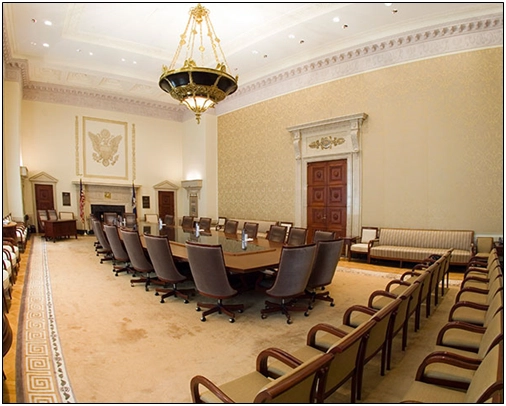By Rebekah Rast — In 2008, America spent about $9,000 per student for their education. With that kind of money, you’d expect American students to be ranked at the top academically, but they’re not.
In fact, an article in the Atlantic states, “only 6 percent of U.S. students perform at the advanced-proficiency level in math, a share that lags behind kids in some 30 other countries, from the United Kingdom to Taiwan.”
For this, many states and elected officials have blamed the lack of competition within the education system. And in response, a movement of school choice is leading to the opening of charter schools around the nation.
Charter schools gives parents more options of where to send their child. Also, they have more freedom from the many regulations of public schools by allowing students and teachers more authority to make decisions.
And now, through a series of bills amending and reauthorizing the No Child Left Behind (NCLB) law, Congress wants to be more involved in the ever-growing school choice movement.
One of these bills, H.R. 2218, the Empowering Parents through Quality Charter Schools Act, reforms and reauthorizes charter school support programs for FY 2012 through FY 2017.
A summary of the bill from the House Republican Study Committee (RSC) states this bill “reauthorizes the Charter School Program’s competitive grants to state educational agencies to support new charter school development and provide technical assistance, but expands the list of eligible applicants for such grants to include governors and a state’s charter school board… and provides financing assistance to charter schools to acquire, construct or renovate facilities.”
Despite the good intentions of this bill, it runs afoul of the basic Constitutional enumeration of powers between the federal and state governments. Constitutionally, the federal government has no role in setting education policy, and any extension of the federal government’s role in any aspect of K-12 education is at best problematic. After all, at a time when the size and scope of the federal government needs to be rolled back, this bill is estimated to cost about $1 billion over the 2012-2016 period, assuming appropriation of the authorized amounts.
“Time and time again we have seen the federal government use tax dollars to gain control over local and state governments,” says ALG’s Wilson. “The fear with this bill, while well intentioned, is that it will take away from the very reason charter schools were started in the first place—independence and freedom from influence.”
In fact, studies show federal government involvement in education does not help students academically. In a Cato Institute report looking at K-12 education subsidies, author Neal McCluskey found:
“The average NAEP [National Assessment of Educational Progress ] mathematics score rose just two points to 306 in 2008 from 304 in 1973. The average NAEP reading score rose just one point to 286 in 2008 from 285 in 1971. These scores are on a 500-point scale. Other measures show similarly poor achievement, or at least a lack of improvement. For example, the percentage of students who had completed high school within four years of entering ninth grade is 75 percent today, about the same as it was in the mid-1970s.”
Despite increased spending by the Department of Education from $12.5 billion in 1965 to $72.8 billion in 2008, measured in constant 2008 dollars, student improvement has remained stagnant.
If the history of the education system in America proves anything it is that pushing another education bill through Congress and sending states more taxpayer money to encourage a specific agenda will not accomplish the intended results.
Educating America’s youth best belongs in the hands of parents, school districts and local governments. The charter school movement has grown by leaps and bounds by state and local government action. The focus of charter schools is on the students’ academic achievement. Let that focus continue without more involvement from the federal government.
Rebekah Rast is a contributing editor to Americans for Limited Government (ALG) and NetRightDaily.com. You can follow her on twitter at @RebekahRast.






